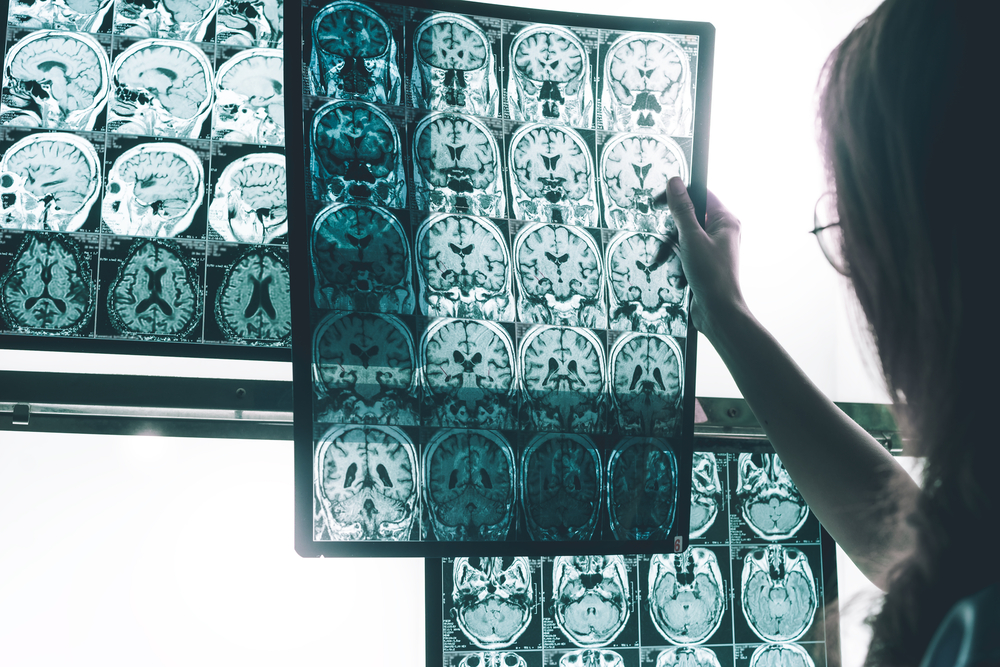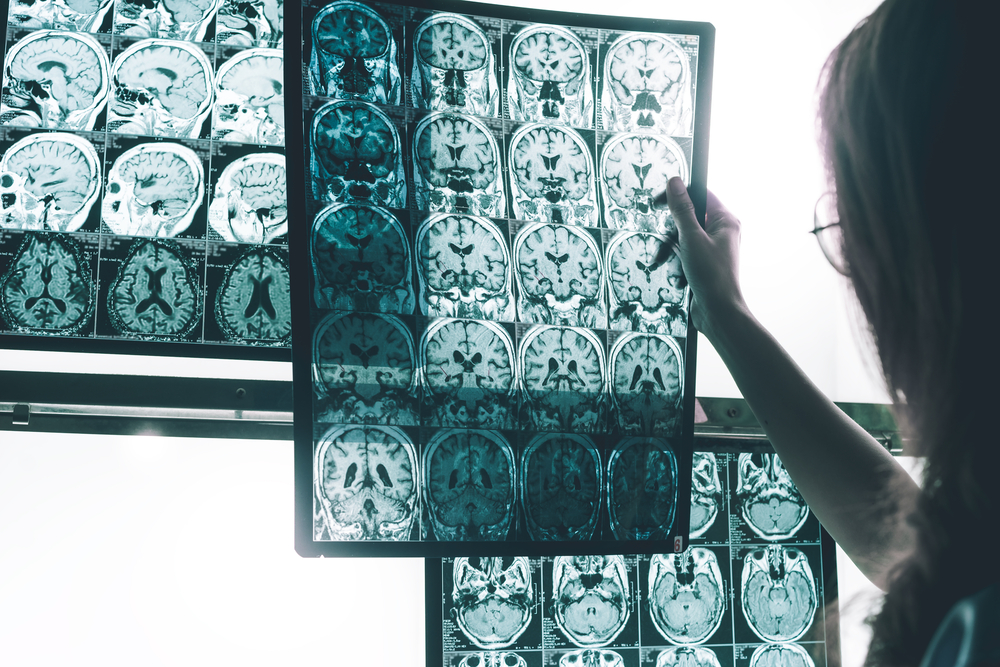A study often misrepresented in media, claiming that switching from a plant‑based diet to eating red meat can reduce dementia by 20 percent, is not accurate. In fact, multiple large long‑term studies show the opposite: higher intake of processed red meat correlates with increased dementia risk, while replacing it with plant‑based proteins or fish appears to lower risk significantly. Let us take a deeper look at the data.
What the Neurology study actually found

Researchers from Brigham and Women’s Hospital and Harvard Medical School analyzed dietary patterns and cognitive outcomes in over 130,000 participants from the Nurses’ Health Study and Health Professionals Follow‑Up Study, followed for up to 43 years. They distinguished between processed red meat (such as bacon, hot dogs, deli meats) and unprocessed red meat (like beef, pork, lamb).
Key findings:
- Eating processed red meat daily was associated with a 13‑14% higher risk of developing dementia compared to those with minimal consumption.
- Each additional serving per day of processed meat accelerated cognitive aging by about 1.6–1.7 years.
- Substituting one daily serving of processed meat with nuts or legumes lowered dementia risk by about 19%, switching to fish lowered it by 28%, and choosing chicken reduced it by 16%.
- High intake of unprocessed red meat showed no significant dementia risk increase, though subjective memory complaints rose by around 16% for heavy consumers.
So where did the “20% reduction by adding red meat” idea come from?

That reversal likely stems from confusion with substitution studies. Harvard researchers found that removing processed red meat and replacing it with other protein sources leads to dementia risk reductions of 19–28%, not adding red meat. In short, eating less processed meat is protective, not the other way around.
Why processed red meat may increase dementia risk

The study authors and related experts suggest multiple mechanisms:
- Saturated fat and sodium: These can raise blood pressure and cardiovascular disease risk, both linked to poor brain health.
- Preservatives and nitrites: Chemicals in processed meats may promote oxidative stress, inflammation, and the buildup of amyloid plaques associated with Alzheimer’s.
- Accelerated brain aging: Each daily serving appears to speed up cognitive decline by roughly 1.6–1.7 years in tested cognitive metrics.
Broader context: dementia risk factors and lifestyle changes

Beyond dietary protein swaps, researchers emphasise a multi‑facet approach to reducing dementia risk. The following points are key elements commonly highlighted in the scientific literature:
1. Increase intake of flavonoid‑rich foods

Studies tracking over 122,000 adults showed that diets high in flavonoids found in berries, leafy greens, dark chocolate, tea, and red wine are associated with up to 28% lower dementia risk. Mechanisms include improved vascular health, reduced neuroinflammation, and antioxidant effects.
2. Adopt a brain‑healthy dietary pattern

Following a brain‑supportive eating plan such as the MIND diet, which combines elements of the Mediterranean and DASH diets, has been shown to significantly slow cognitive decline and may reduce the risk of Alzheimer’s disease. This dietary approach emphasizes the consumption of nutrient‑dense whole foods, including leafy green vegetables, berries, whole grains, nuts, beans, olive oil, and lean proteins like fish and poultry. These foods are rich in antioxidants, omega‑3 fatty acids, fiber, and vitamins that support brain function and reduce inflammation. Equally important is the limitation of foods that have been linked to cognitive decline, such as red and processed meats, pastries, sugary snacks, fried foods, and high‑sodium items. Adopting this pattern promotes long‑term brain health and overall wellness.
3. Stay active and physically fit

Regular exercise, especially aerobic activities like brisk walking, cycling, and swimming is strongly linked to reduced dementia risk. Physical activity supports cardiovascular function and promotes generation of brain‑protective proteins.
4. Prioritize sleep and stress management

Consistently getting quality sleep is essential for memory consolidation and brain repair. Sleep disorders like insomnia and sleep apnea have been directly linked to cognitive decline, as they interrupt the deep sleep stages needed for brain detoxification and processing. In addition to poor sleep, chronic stress increases levels of cortisol, a hormone that, when elevated long‑term, can damage blood vessels, disrupt neural connections, and shrink areas of the brain involved in memory and emotion. Prioritizing sleep hygiene, such as maintaining a regular bedtime, avoiding screens late at night, and keeping a dark, quiet sleep environment can help. Mindfulness practices, deep breathing, yoga, and cognitive behavioral therapy for stress have also been shown to support mental clarity and reduce dementia risk over time.
Read More: Bruce Willis speaks publicly for first time since dementia diagnosis while celebrating 68th birthday
5. Treat hearing and vision impairments

Untreated hearing or vision loss is a frequently overlooked contributor to cognitive decline. Hearing loss, in particular, is believed to double the risk of developing dementia. This is partly due to the increased cognitive load required to interpret sounds, which leaves fewer mental resources for memory and reasoning. Additionally, sensory loss can lead to social withdrawal, loneliness, and depression, all of which are recognized dementia risk factors. Fortunately, early intervention can make a significant difference. Using hearing aids, getting regular auditory and eye exams, and wearing corrective lenses when needed all help maintain full sensory input, promote engagement with others, and reduce mental strain. These proactive steps can help keep the brain stimulated and functioning effectively as we age.
6. Avoid excess alcohol and ultra‑processed food

Chronic excessive alcohol consumption has long been associated with a higher risk of dementia, particularly due to its damaging effects on brain structure and blood vessels. Alcohol can impair memory, reduce brain volume, and lead to long‑term cognitive deficits. Similarly, ultra‑processed foods, such as packaged snacks, frozen meals, sugary beverages, and fast food contain additives, trans fats, refined sugars, and excess salt, all of which contribute to systemic inflammation and insulin resistance. These conditions are known risk factors for Alzheimer’s and vascular dementia. Studies have shown that diets high in ultra‑processed foods are linked to accelerated cognitive decline. Limiting alcohol to moderate levels and focusing on whole, minimally processed foods can protect the brain and support mental performance across the lifespan.
Summary: what reduces dementia risk

| Action | Estimated Risk Reduction |
|---|---|
| Replace processed meat with nuts/legumes | ~19% |
| Replace processed meat with fish | ~28% |
| Replace processed meat with chicken | ~16% |
| Add flavonoid‑rich foods | ~28% (British cohort) |
Additionally, physical activity, sleep, hearing/vision aid, and stress management contribute significantly, but exact percentages vary by study.
Read More: 10 Early Signs of Dementia You Shouldn’t Ignore
Bottom line

The claim that switching from a plant‑based diet to red meat reduces dementia by 20 percent is unsupported. The actual evidence strongly favors the removal of processed red meat and replacing it with plant proteins, fish, or poultry to significantly reduce dementia risk.
True risk reduction lies in embracing a balanced lifestyle: rich in plant-based foods, flavonoid antioxidants, regular exercise, cognitive stimulation, sound sleep, minimal alcohol, and good management of sensory and emotional health.
Disclaimer: This article was created with AI assistance and edited by a human for accuracy and clarity.
Disclaimer: This information is not intended to be a substitute for professional medical advice, diagnosis or treatment and is for information only. Always seek the advice of your physician or another qualified health provider with any questions about your medical condition and/or current medication. Do not disregard professional medical advice or delay seeking advice or treatment because of something you have read here.

